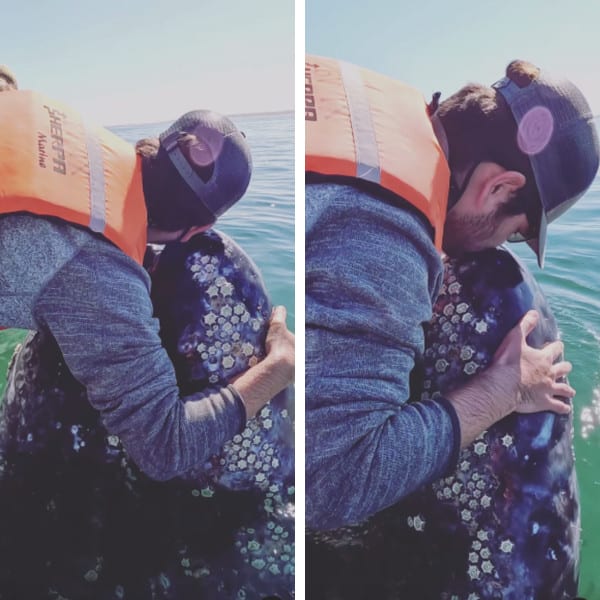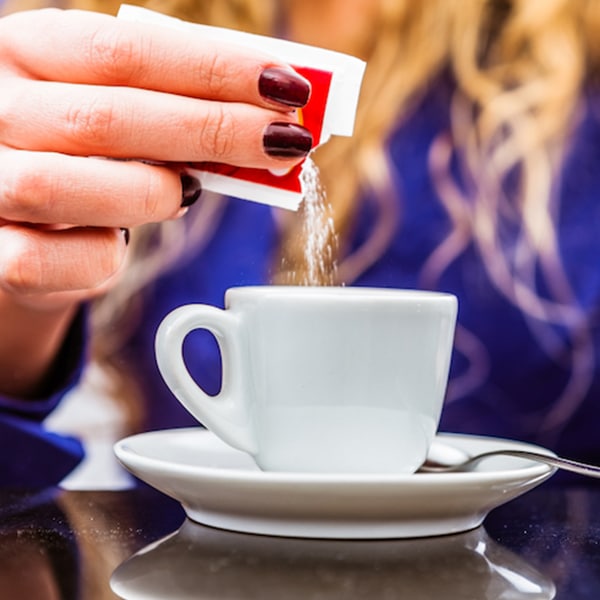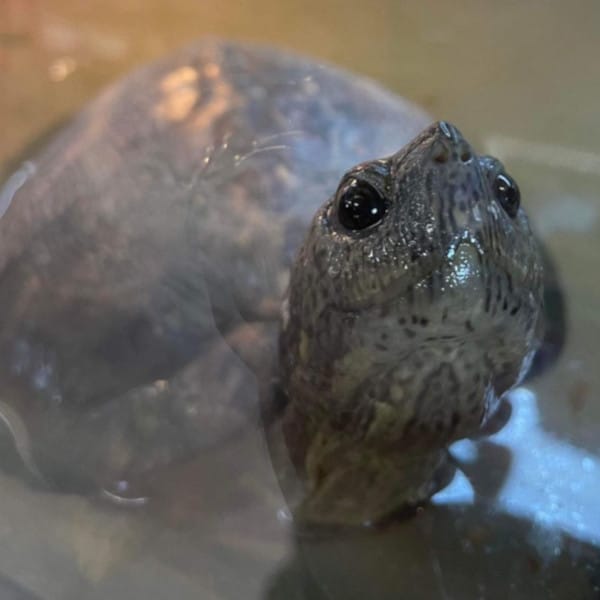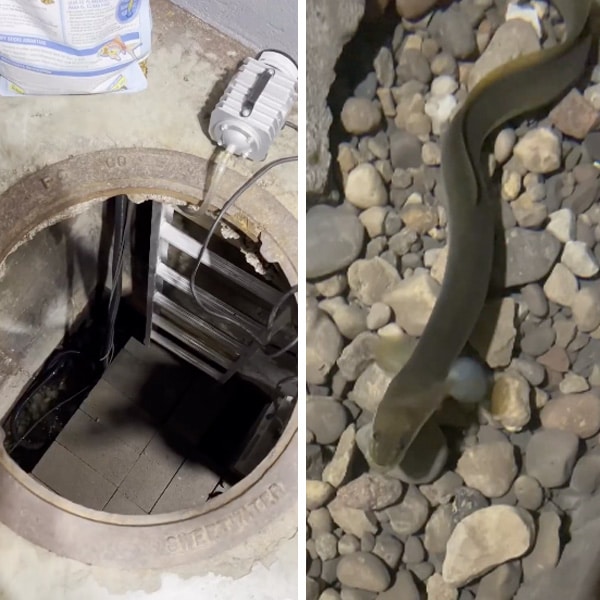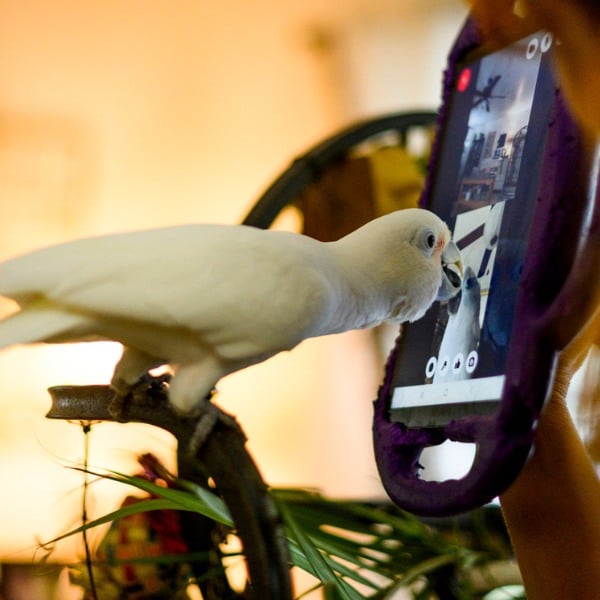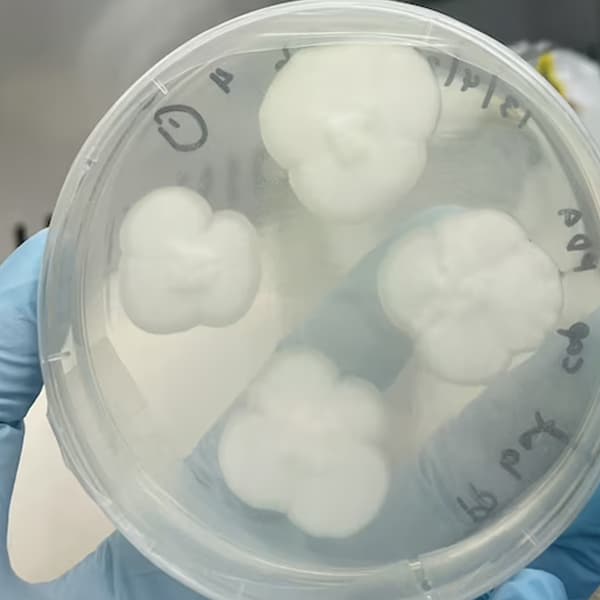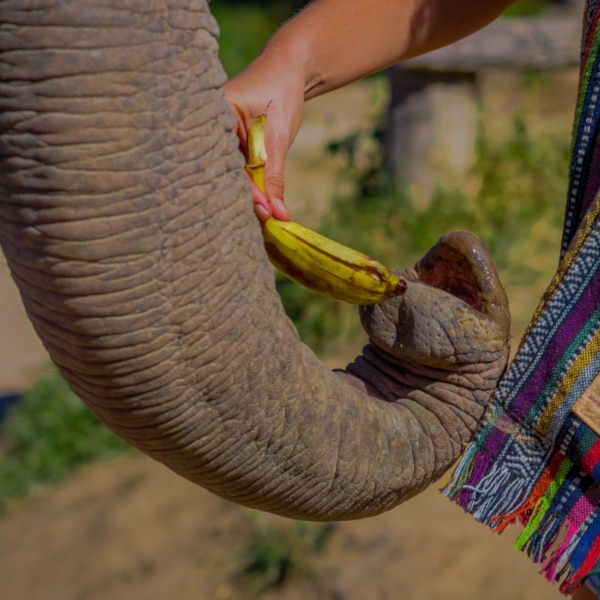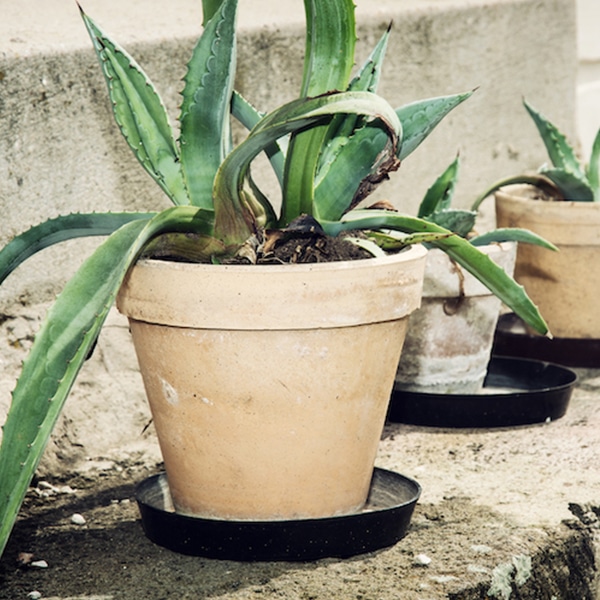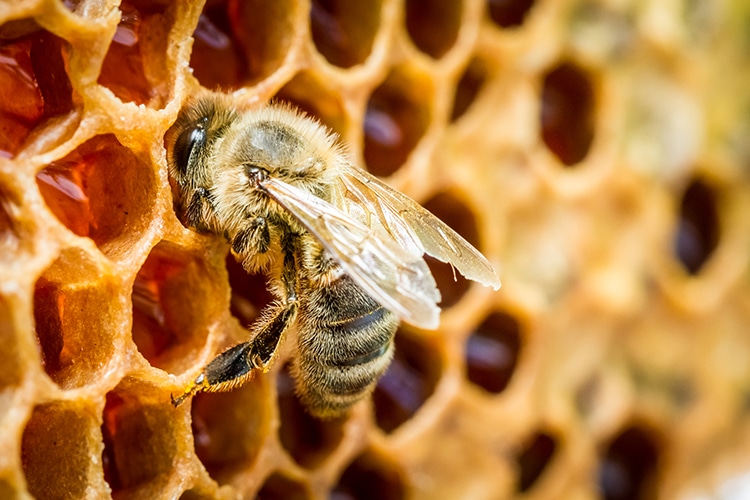
Photo: SHAIITH79/Depositphotos
Bees are critical to agriculture around the world. Honey bees are pollinators, necessary to the production of one third of American agriculture. However, these tiny critters face a barrage of risks, including climate change, habitat loss, and disease. An important solution for the latter may at last be emerging. Scientists have developed a vaccine for honey bees which is given to the queen, who passes immunity against the devastating bacterial scourge known as American foulbrood down to her hive of descendants.
Most bees live in hives presided over by a queen. She lays larvae which hatch and become her loyal subjects. However, American foulbrood can destroy this careful ecosystem. The bacterial infection of the hive causes larvae to turn brown and smell like they are rotting. Thousands of bees can die from it. Beekeepers must burn the dead and their hive to prevent spread. This devastation—along with the other myriad threats facing bees—has wide impact across the agricultural sector. Thankfully, this new vaccine has now passed the first stage of approval with the U.S. Department of Agriculture.
So how do you vaccinate bees against this foul infection? As scientists discovered in 2015, bees (which do not have antibodies like humans) can pass on immunization through a specific protein. As the queen is the mother of the hive, feeding her food containing the dead bacterium Paenibacillus (which causes foulbrood) will affect her ovaries, and immunity will be passed on to her offspring. The vaccine is placed in royal jelly, the sugary treat fed to queen bees. Beekeepers are willing to try this new solution.
Though this may be a temporary fix, relying solely on antibiotics may not be the “forever” solution to bee health. Annette Kleiser, chief executive of Dalan Animal Health which developed the vaccine, called it “a huge breakthrough.” She noted to The New York Times, “Bees are livestock and should have the same modern tools to care for them and protect them that we have for our chickens, cats, dogs and so on.” Bees deserve healthcare, and if policymakers pay attention to the vital impact they have on food and the economy, they would not neglect the insects. While further approval of the vaccine is needed before it can hit the market, its initial approval is a big step towards saving the vital bees.
A new vaccine developed for honey bees—given to the queen and passed down to her hive—could help protect these important pollinators and all of American agriculture.
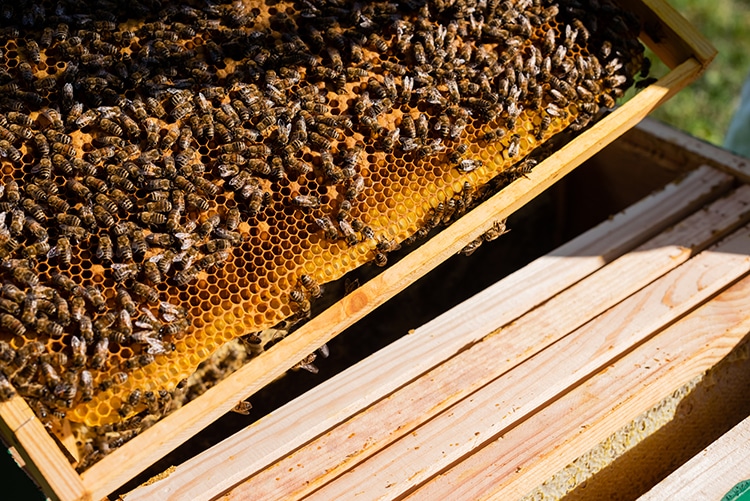
Photo: IGORVITUSHKO/Depositphotos
h/t: [BBC, The New York Times]
Related Articles:
Artist Embroiders Delicate Designs Then Offers Art to Bees To Finish the Work
Holland Turns Over 300 Bus Stops into Green Roof Ecosystems for Bees
Bus Stops Across Europe Are Getting “Living Roofs” To Help Bees Thrive
Cluster of Bees Fighting for Dominance Wins Top Wildlife Photography Award











































































